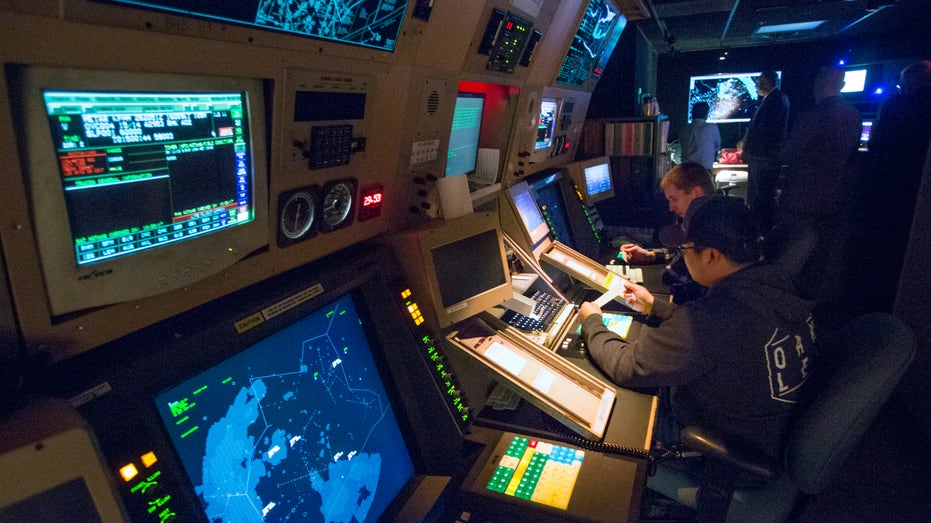Former United Airlines CEO sounds alarm on US air traffic control systems: 'Most outdated' in entire world
Oscar Munoz addressed the government report placing blame on airlines for mass cancelations
Former United Airlines CEO Oscar Munoz rips US' air traffic control systems as 'most outdated'
Former United Airlines CEO Oscar Munoz discusses a government report blaming airlines for cancelations, retention of employees, and his new book, "Turnaround Time."
It's a tumultuous time for air travel in the United States.
One former airline CEO weighed in on the ongoing issues facing the air travel industry claiming that the problems arose from an "obsolete" air traffic control infrastructure.
This comes as the nation faces mass cancelations due to a Southwest Airlines' meltdown over the 2022 winter holiday season and the grounding of aircraft from the Federal Aviation Administration's Notices to Air Mission (NOTAM) outage.
The Government Accountability Office (GAO) conducted a study into the cause of the mass delays and airline cancelations and has released a report on their findings.
The GAO concluded in that the problems stemmed from the airlines' staff shortages and maintenance challenges contributing to cancelations, delays and disruptions.
AIRLINES, NOT WEATHER, TO BLAME FOR MOST FLIGHT CANCELLATIONS, GOVERNMENT REPORT FINDS
Munoz addressed the GAO's report on Thursday's "Varney & Co.," and discussed what he saw the as the "biggest issue" in the air travel industry.
"I think if you think about the broader context of this, you as the flying public, what you see is you see us, and you see the delays, and you don't understand them."

Air traffic controllers Derek Weaver and Tim Teceno, left, work in the radar approach room at Portland International Jetport on Thursday, Oct. 26, 2017. (Photo by Derek Davis/Staff photographer) ((Photo by Derek Davis/Staff photographer) / Getty Images)
He continued revealing what he considered was at the root of the trouble.
"If you dig beneath the surface a little bit more, probably from my opinion, the biggest issue that we have in America is broader infrastructure, but specifically in air travel, air traffic control systems," he said.
"We have the most outdated and I would say obsolete system in almost the entire world," he added. "There are 60 countries at last count that have better and newer, you know, updated systems to control air traffic."
Munoz discussed the precautions airlines take for safety and the role played by traffic control systems.
"In essence, what it does, we're always safe regardless, but in order to stay even safer, we just don't let planes up in the air. So if there's any kind of disruption whatsoever, travel or otherwise, everything just gets slowed down and pushed back."
SUMMER TRAVEL: FAA ACTIVATES MORE DIRECT ROUTES TO CUT DOWN ON DELAYS, ENHANCE SAFETY
Munoz then pivoted from the air traffic control infrastructure to discuss human capital infrastructure.
Airlines and air traffic control sought to address staff shortages as the pandemic subsided and travel recommenced.
The former CEO noted the trouble companies faced in keeping their talent.
"Retention has always been an issue. It is a hard job to your point, which is why is so critical and important," Munoz said.
Buttigieg silent as pilot shortage threatens another summer travel season: Jeff Hoffman
Global Entrepreneurship Network Board Chairman Jeff Hoffman warns of summer travel delays and staffing shortages on 'Varney & Co.'
Munoz concluded by sharing insights into his new book "Turnaround Time" and explained how he navigated the industry as a CEO of a major airline.
"The book has, I think, a nice array of leadership lessons in crisis management. We went through union contract issues, what you're seeing today in the marketplace."






















